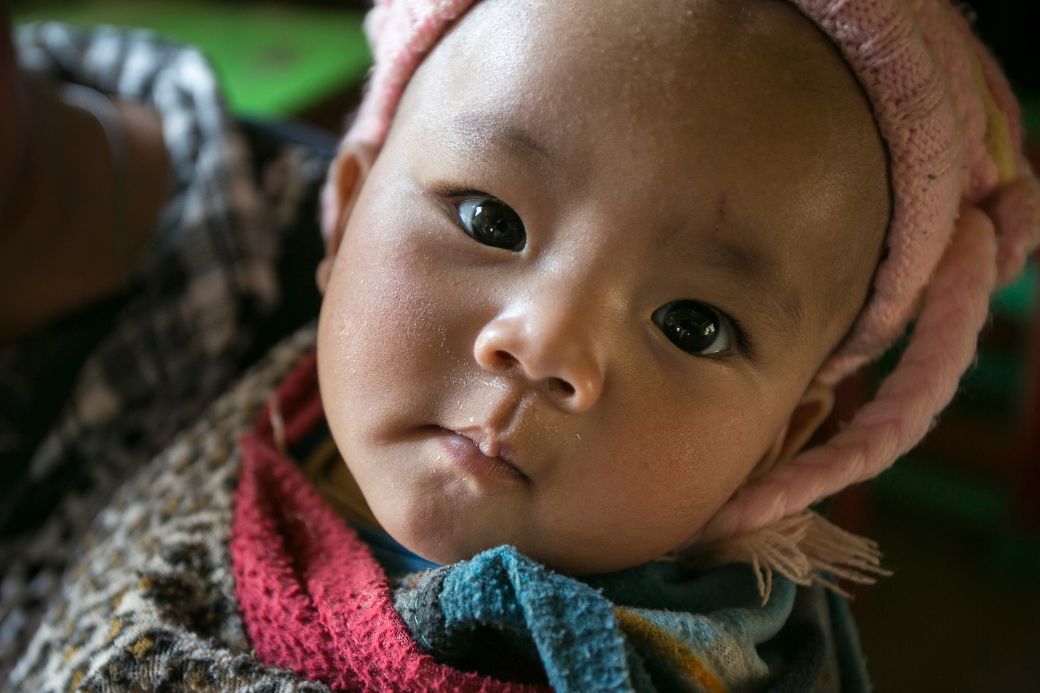A violent 7.7 magnitude earthquake struck Myanmar on Friday, March 28, 2025, causing severe damage in several areas. The worst affected region is the Dry Zone, at the center in the country, with a population of about 7 million people living within a 100 km radius of the epicenter, west of the city of Mandalay (GDACS). Just from Mandalay Region and Shan State come the first reports indicating partial building collapses, structural cracks, and widespread damage to infrastructure, including the collapse of the historic Sagaing Bridge and the disruption of the main national highway near Mandalay. Just 12 minutes after the quake, a strong aftershock of magnitude 6.4 further aggravated the situation, with the earth continuing to shake.
Our office in Kalaw – a town about 200km south of Mandalay – was also damaged: staff promptly evacuated the building following the appearance of cracks in the walls. Fortunately, all team members are fine. We have received reassuring news from almost all of our staff outside Yangon. However, apprehension remains high for a team of about six people currently on the ground in the Chauk area of Magway Region, with whom we have not yet been able to reestablish contact due to the total breakdown in communications. Our efforts to locate them are ongoing and we continue to monitor the situation minute by minute.
Our presence in Myanmar
CESVI has been active in Myanmar since 2001, with projects that strengthen the resilience of the most vulnerable rural communities and promote sustainable development, particularly in the Dry Zone. We work alongside local people on multiple fronts: food security, livelihoods and economic inclusion-particularly of women-education in emergency settings, child protection, and climate change adaptation through environmental restoration and the creation of community assets.
In the Dry Zone, we support vulnerable families through economic support for soil conservation works, rehabilitation of water harvesting ponds, and reforestation. In Southern Shan, we support hundreds of smallholder farmers in transitioning to sustainable horticultural agriculture, while in conflict-affected areas we ensure access to education for thousands of children excluded from the school system. We also promote women’s economic empowerment through the creation of microenterprises for food processing and financial training for women in rural areas.
In a country, among the poorest in Asia, already heavily scarred by political, economic and social crises, this earthquake represents a dramatic new challenge for thousands of families, after Typhoon Yagi brought much of the country to its knees last year. We at CESVI are working to assess emerging needs and strengthen our humanitarian response.
To address this emergency, the Burmese people need help. We must remain at their side.
Photo by © Gianfranco Ferraro
